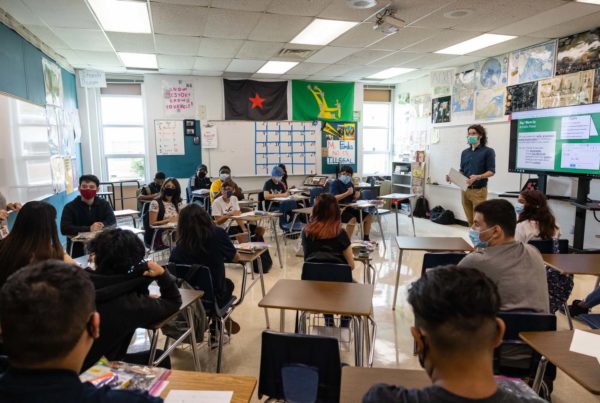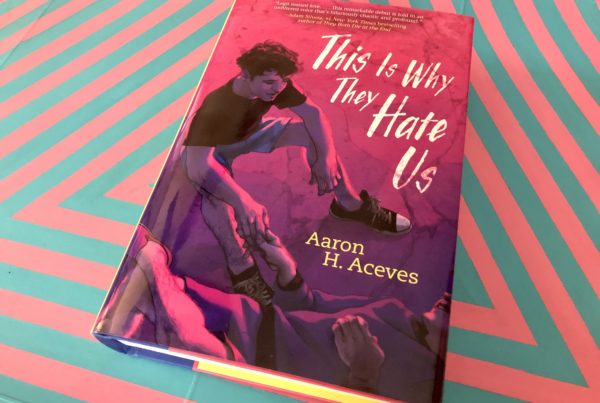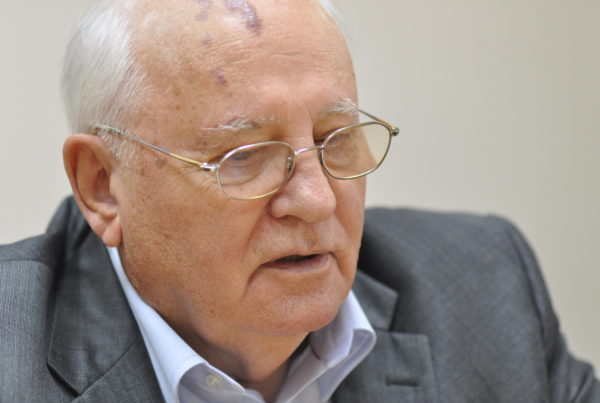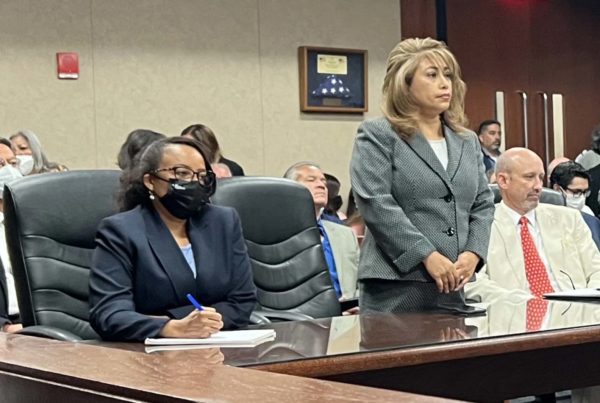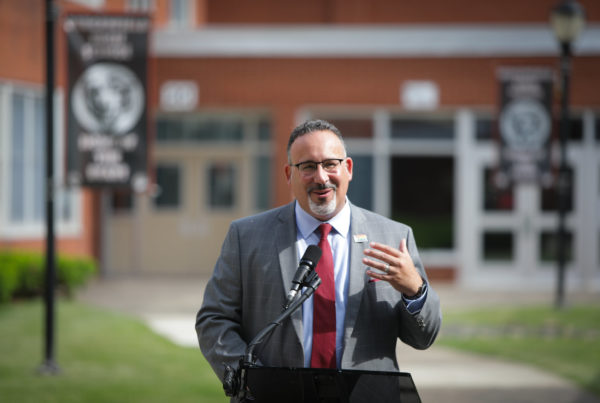There’s a good chance you’ve done it. You’ve come across a headline you agree with or you think is very interesting and you immediately want to share it. But did you read it?
Research from Reuters found only 51% of people actually read a whole article before sharing it, 26% read part, and 22% just looked at the headline or a few lines.
Now, new research published in the Journal of Consumer Psychology finds people who share an article – even without reading it – feel more expert on the topic.
University of Texas at Austin professor of marketing Susan M. Broniarczyk co-authored the study with assistant professor of marketing Adrian Ward and marketing doctoral alum Frank Zheng.
“We describe the effect as ‘I share, therefore I know’” Broniarczyk said.
The researchers based their findings on a number of their own studies – including one that measured changes in subjective knowledge over time.
“At time one, we asked people their knowledge on a variety of topics, including cancer prevention. Two weeks later, we asked those same people to either read an article about cancer prevention or a control topic and then asked them to share the article or not. We found, again, that people who shared the cancer prevention article, even if they didn’t read it, believed that they knew more about cancer prevention,” Broniarczyk said.
She says what this means is that just because some content goes viral, does not mean that the information has actually spread.
“In fact, if a significant number of people are not reading that information, but perceive by sharing it that they’re more knowledgeable on the topic, this mis-calibrated sense of knowledge could be one of the contributing factors to fake news,” Broniarczyk said.





